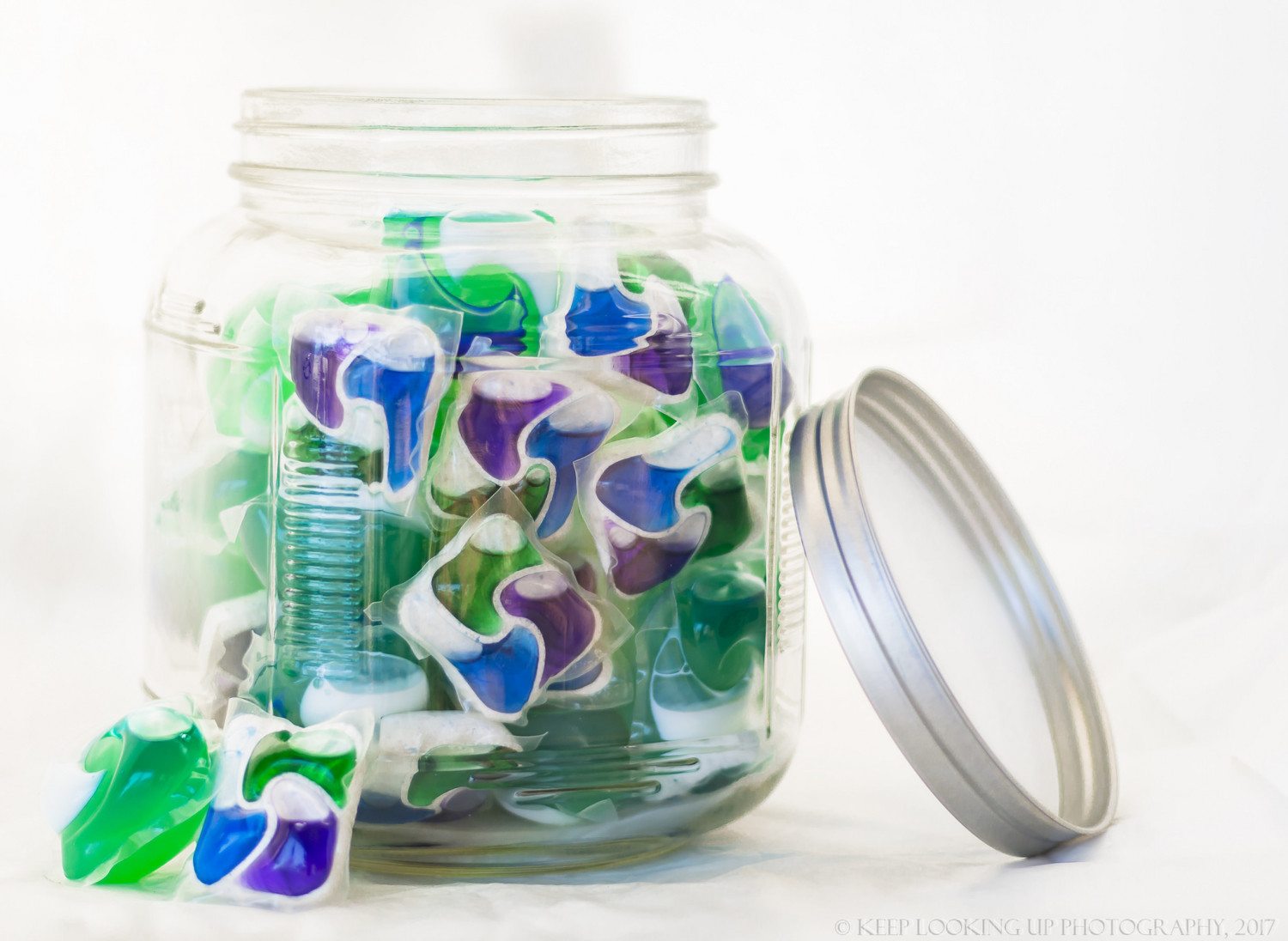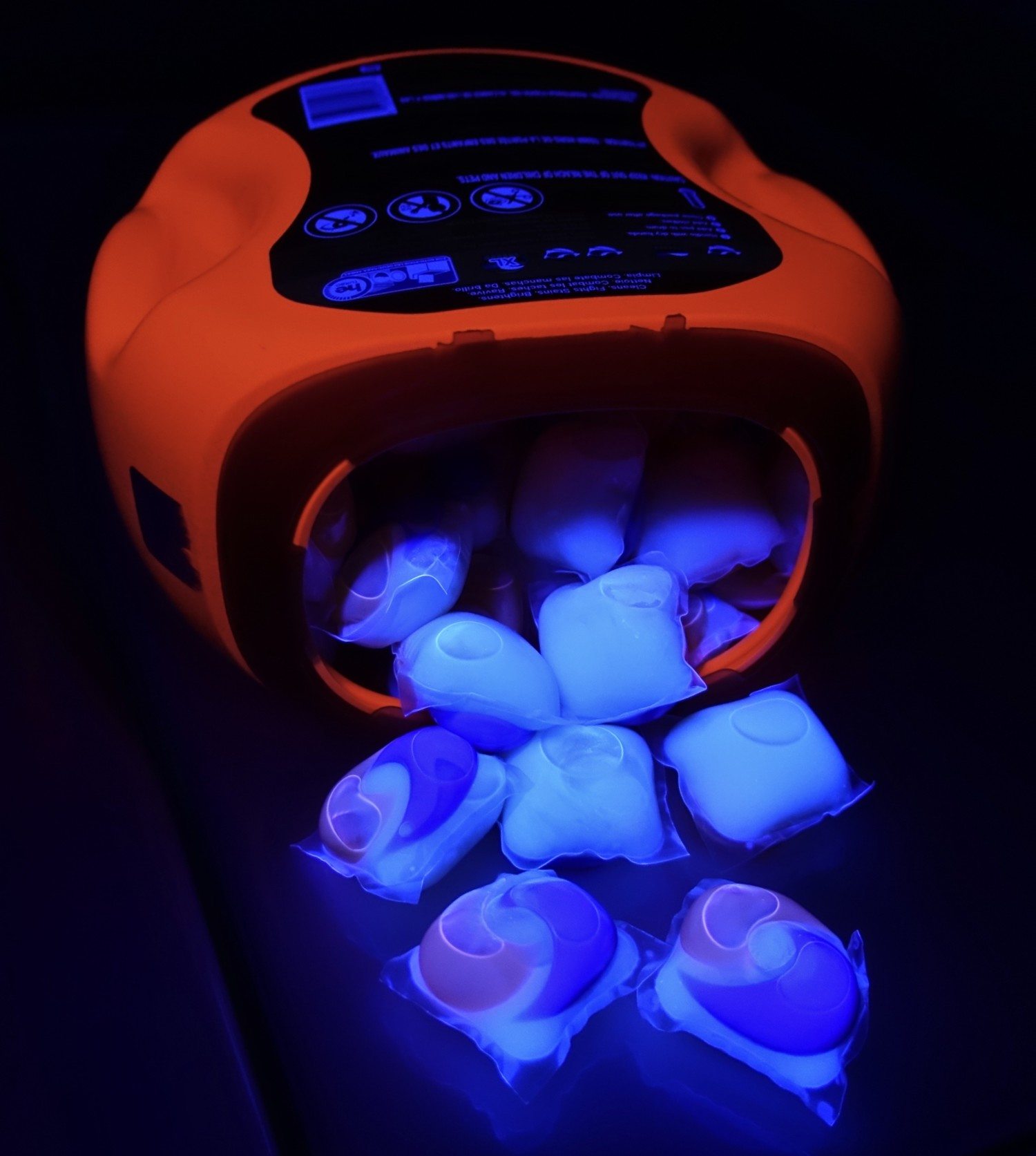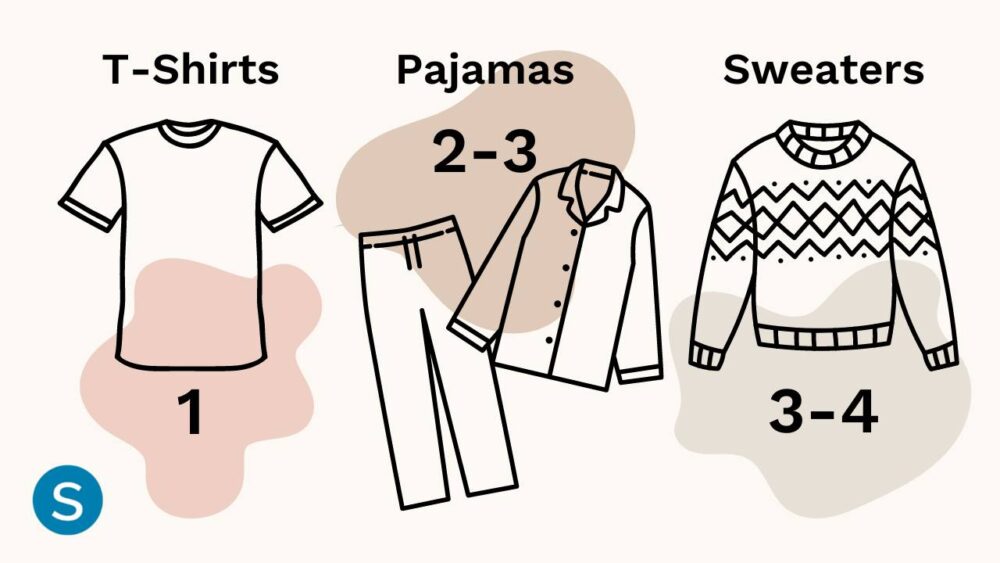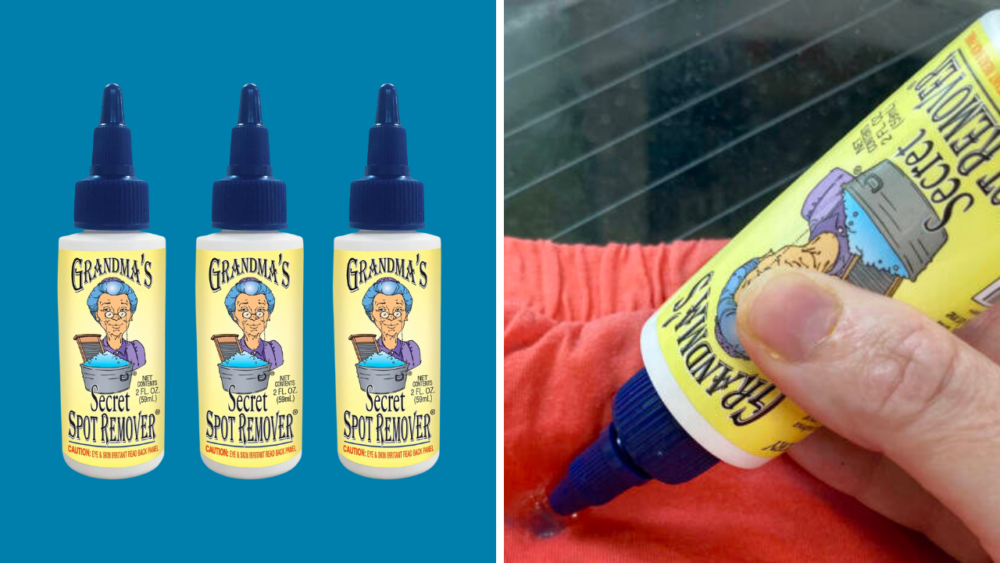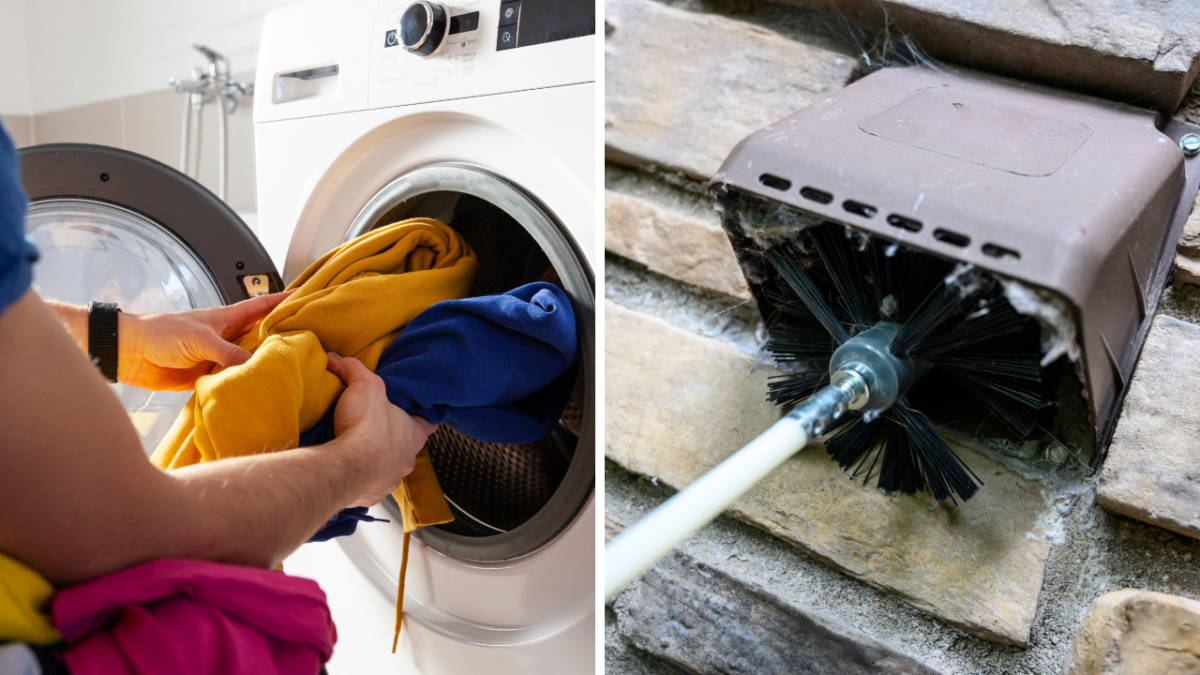Here’s a reminder that laundry pods can be deadly for adults with dementia
Laundry pods make a tedious chore a little less groan-inducing. No muss, no fuss with measuring liquid soap.
However, since their introduction to the market, warnings about the dangers of the little colorful pods became regular news. And, the popularity of laundry pods continues to rise. According to Consumer Reports, their sales totaled $1.2 billion over a recent 12-month period. Therefore, it’s important to remind people that these little laundry pods could be potentially fatal to those who might mistake them for candy.
8 Deaths From Eating Laundry Pods in U.S.
In the U.S., eight deaths happened as a result of ingesting detergent pods between 2012 and early 2017. Two of the cases involved young children. But the other six deaths involved adults who have dementia.
“Caregivers of children and seniors should be aware that ingestion of the contents of certain liquid laundry packets has led to serious and even tragic incidents,” Patty Davis, press secretary for the Consumer Product Safety Commission told Consumer Reports. “Water, wet hands, and even saliva can dissolve the packets and release the highly concentrated liquid.”
Consumer Reports has been advising consumers since 2012 to keep the liquid laundry pods out of households where children under 6 years old may be present. However, adults with dementia also face a serious risk and shouldn’t be overlooked.
How Laundry Pods Pose A Danger For Dementia Patients
Dementia comes in many forms and levels of severity. However, the most common type is Alzheimer’s disease. This disease leads affected people to experience confusion and memory loss. It’s estimated that Alzheimer’s disease affects around 5.4 million adults in the U.S.
“A hungry person with dementia foraging in a kitchen may misidentify a box of powdered detergent as cereal and still know to pour it in a bowl and mix it with milk from the refrigerator,” Lon S. Schneider, M.D., director of the California Alzheimer’s Disease Center at the University of Southern California told Consumer Reports.
As a result, a demential patient could mistake laundry pods for candy.
“The reasons for these behaviors are not entirely known,” Gregory S. Day, M.D., a neurologist specializing in diagnosis and management of dementia at Washington University School of Medicine in St. Louis told Consumer Reports. “It likely reflects loss of function in brain areas that regulate or restrict such behaviors, returning the patient to a more primitive, child or baby-like state, where such behavior is common.”
Companies Work On Spreading Awareness
Companies such as Proctor & Gamble have been working to help spread awareness of the potentially fatal outcome of ingesting laundry pods. P&G works with the Alzheimer’s Association, a the nonprofit group to develop a checklist caregivers can use to make homes safer for adults with dementia.
In the meantime, you can help prevent an incident like this happening in your home. The safest bet: remove any and all cleaning products that might resemble food from your home.
However, Tide also suggests keeping cleaning products in their original containers. And keep all of your household cleaning products in one cabinet, that you can easily put a lock on.


